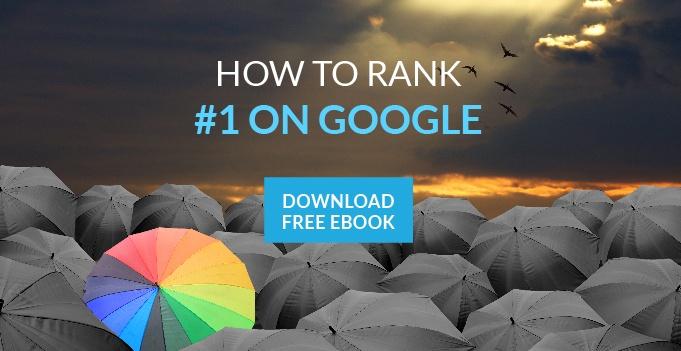 If you’re new to the world of blogging for business, things might be a bit overwhelming when you first begin. While it may seem like blogging is pretty common sense, there is a “right” way of doing things that will help you when it comes to ranking high on Google. The ultimate goal in everything you do online is to be discovered by potential customers, and without a high standing on a Google search engine results page, it’s nearly impossible to accomplish. Check out the dos and don’ts below to help guide your company blog in the right direction.
If you’re new to the world of blogging for business, things might be a bit overwhelming when you first begin. While it may seem like blogging is pretty common sense, there is a “right” way of doing things that will help you when it comes to ranking high on Google. The ultimate goal in everything you do online is to be discovered by potential customers, and without a high standing on a Google search engine results page, it’s nearly impossible to accomplish. Check out the dos and don’ts below to help guide your company blog in the right direction.
Do Consistently Publish Fresh, Unique Content
Frequently publishing original content to your blog and website is incredibly important when it comes to ranking higher on the Google search engine results. Before you begin your blogging journey, spend an ample amount of time brainstorming to come up with topics. You can find inspiration nearly anywhere. From frequently asked questions to a behind-the-scenes of your office post, to an in-depth look into the products and services you offer, there isn’t much that won’t make for good content.
Do Create a Blogging Schedule
Being consistent with your blogging efforts is another important piece of the blogging puzzle. While the more blogging you can do, the better off you may be, it’s even more important to blog consistently. Creating a consistent blogging schedule allows your regular readers to know when to come back for your freshest content. Even if you’re feeling especially inspired one week and think you could blog every single day, if you won’t be able to keep up that pace it would be better to space those posts out and schedule them for sometime in the near future. If you feel that two or three times a week is a manageable schedule, then stick with that. Whatever you know you can handle will work.
Do Use Your Keywords
Developing a keyword strategy is one of the first things you should do when you begin your online marketing efforts. Take the time to create extremely detailed target buyer personas, and base your keywords off of that information. If you own a coffee shop in a college town, then your target buyer may be a 20-something college student with one dog, an apartment that they rent near campus with two friends, and a part-time job at a restaurant. Base your keywords on what that particular person would be searching for online. Use those keywords throughout every piece of content that you push out, from blogs to website updates to social media posts.
Do Speak to Your Target Buyer
After you’ve developed your target buyer personas, you should speak to that person in everything that you do. Since you will have such an in-depth look into their wants and needs, you should know the best way to approach them in nearly any marketing situation. If you know that they would enjoy a free eBook to download covering the “10 best study tips for acing your midterms”, then create that as one of your content offers. The more you know about your target buyer, the better off you will be.
Don’t Copy Others Work
While it’s okay to draw inspiration from competitors or others in your industry, it’s absolutely never a good idea to copy content directly. Not only does this look terrible if you’re caught somehow, but Google could possibly penalize your website or blog for having duplicate copy. One of the most important parts of blogging is coming up with creative, original content, so copying from others is a definite no-no.
Don’t “Keyword Stuff”
Using keywords throughout your blog copy, in the title of your post and URL, and in alt and Meta tags is essential. However, it’s important to not go overboard. If you use your keywords too often, the copy won’t flow well and your readers will begin to see what you’re trying to do. Although keywords can help you rank higher and are definitely important, the main goal should be to deliver content that your target consumer wants to read. Also, Google can penalize your blog for what they consider “keyword stuffing” if you use your keywords to the point that the copy doesn’t make sense.
While blogging etiquette is a topic that could be discussed for days, following the guidelines above will get you started on your blogging journey. Developing a quality blog for your business is more important now than ever, so if you haven’t started a company blog yet, now is the time! To read more on this topic, download our free eBook "How to Rank #1 on Google".


Comments